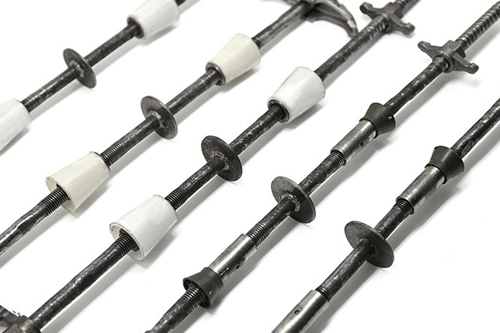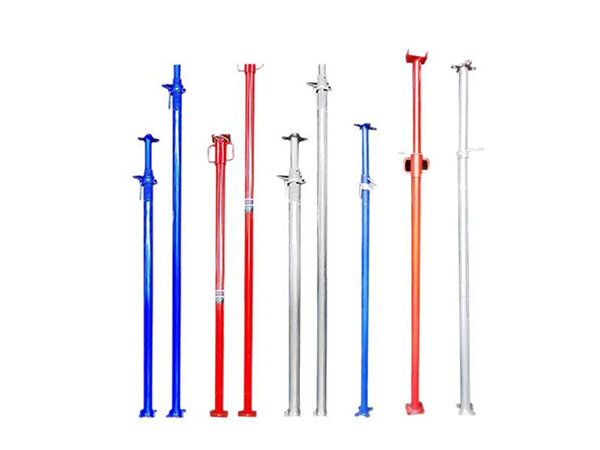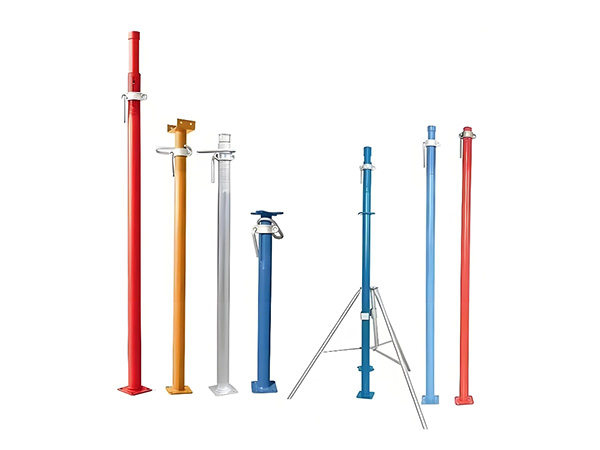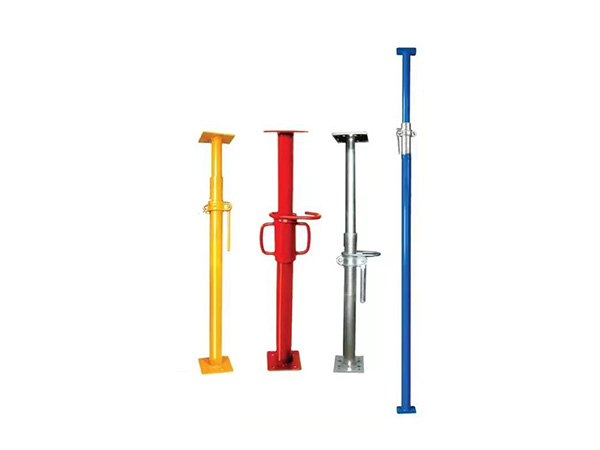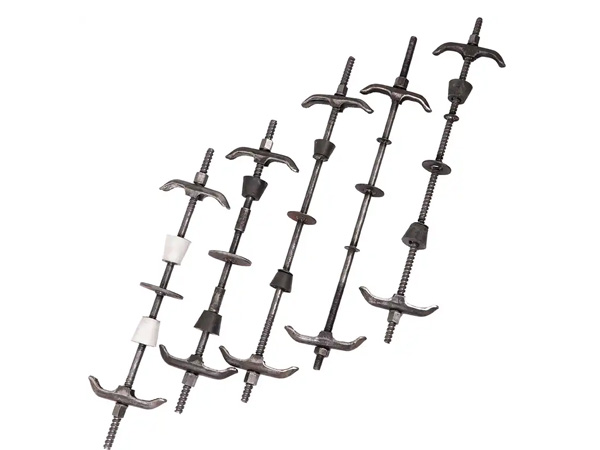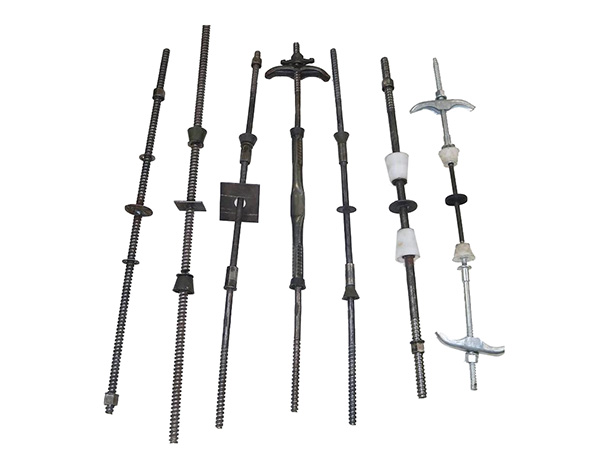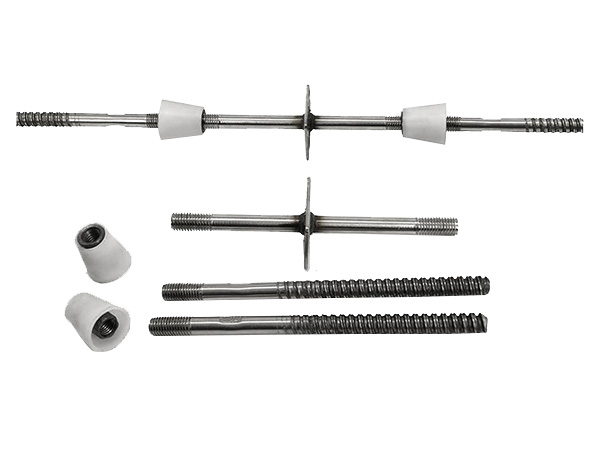- Site Navigation -
NEWS LIST
Other factors that affect the verticality of scaffolding support columns
Author:yicheng Date:2025-09-02 11:54:32 Hits:67
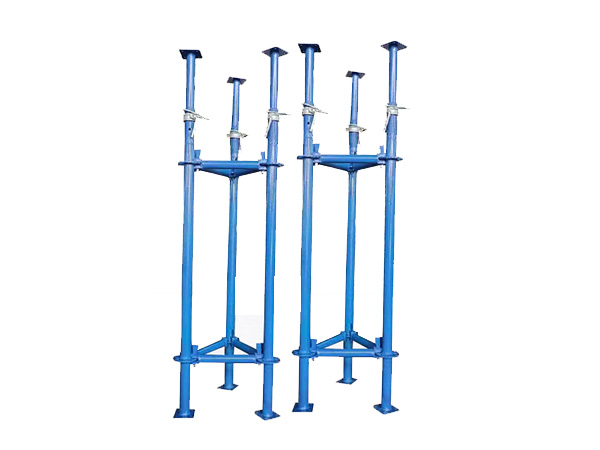
Other factors that affect the verticality of scaffolding support columns
In addition to the erection sequence and calibration method,the verticality of the scaffolding support column is also affected by many factors such as construction preparation,component quality,external load and environmental conditions,as follows:
1.Potential influencing factors in the construction preparation stage
Uneven settlement of the foundation
If the foundation treatment does not meet the requirements(such as local compaction and uneven cushion thickness),or the soil moisture content of the foundation is large(such as local water accumulation after rain),the support column is prone to verticality shift due to inconsistent foundation settlement after stress.For example,if the soft soil area is not replaced and only the steel plate is simply laid,the local vertical rod may sink by 5-10mm,which will cause the verticality deviation to exceed the specification.
Component quality defects
The straightness deviation of the steel pipe itself(such as the bending degree>L/500,L is the length of the steel pipe)and the wear of the fastener(such as the deviation of the spacing between the two bolt holes of the right-angle fastener>2mm)will directly affect the erection accuracy.If curved steel pipes are used,even if the verticality is calibrated during erection,the deviation may increase due to the deformation of the steel pipe itself after stress.
2.Dynamic influencing factors in the erection process
Operator operation standardization
If the vertical rod is not strictly aligned(such as the staggered distance at the joint is less than 500mm)and the fastener fastening torque is uneven(some fasteners are less than 35-50N·m),the vertical rod will be unbalanced and the verticality will gradually be offset.In addition,if the erection is not in the order of"corner first and then the middle",or when multiple people work at the same time,the movement is not coordinated,which may also cause the pole to tilt.
Horizontal bar installation deviation
If the longitudinal and transverse horizontal bars are not maintained horizontally(horizontality deviation>L/300),lateral forces will be generated on the vertical rods,forcing the vertical rods to deviate from the vertical direction.For example,if the horizontal bar is high at one end and low at the other,the corresponding vertical rod will bear unilateral tensile force,and the verticality deviation may exceed 10mm after long-term stress.
3.External influencing factors in the use stage
The construction load is unbalanced
Uneven stacking of materials on the scaffolding(such as stacking more than 3kN/m²on one side)and construction personnel concentrating on the scaffolding side will generate lateral loads,causing the support columns to tilt towards the side of the load concentration.Especially when pouring concrete,if the impact force of the pump pipe is concentrated on a certain vertical rod,it may instantly cause the verticality deviation to exceed the standard.
Environmental external forces
During outdoor construction,strong winds(wind speed>level 6)will produce horizontal thrust on the scaffolding,and if the windproof cable is not added in time,the support column is easy to be blown and tilted;During the rainy season or winter freezing period,the freezing of the scaffolding surface leads to increased load,or the foundation melts and settles after frost heaving,which will also indirectly affect the verticality stability.
4.Factors related to structural design
The stiffness of the support system is insufficient
If scissor braces are not set up according to the specifications(such as scaffolding with a height of>24m without continuous scissor braces),and the spacing between horizontal reinforcement rods is too large(>6m),the overall anti-lateral movement ability of the support system will decrease,and the overall tilt will easily occur when affected by external forces,which will lead to the verticality deviation of a single support column.
The spacing and step distance of the poles exceed the standard
If the spacing between the poles is expanded without authorization during actual erection(such as 1.5m required by the scheme,the actual reaches of 1.8m)or the step distance(the scheme requires 1.8m,the actual reaches 2.0m),the force on the pole will increase,the deflection will increase,and the verticality deviation will gradually accumulate beyond the specification after long-term use.





